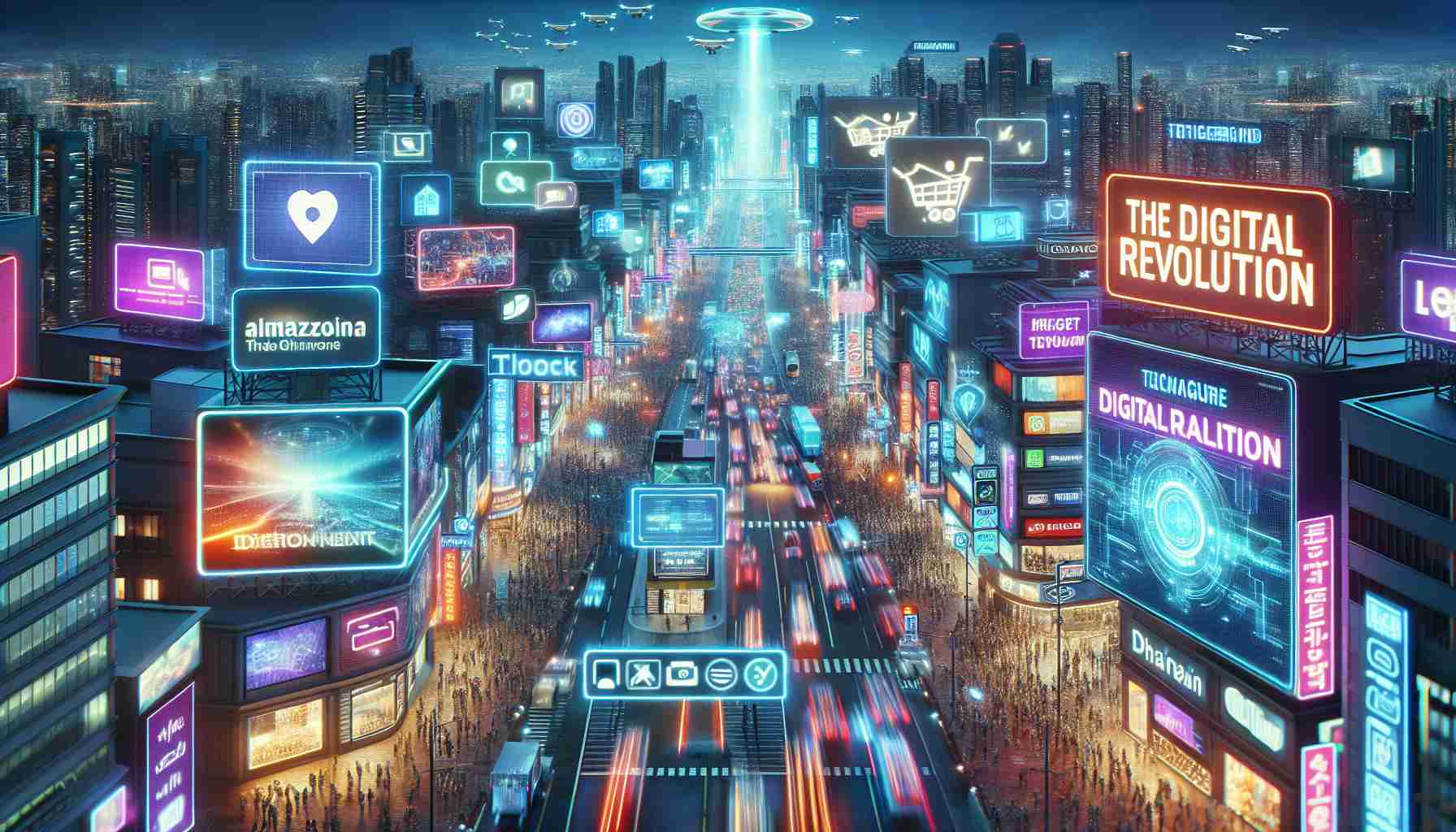Digital spaces have become the realm where customers exist today. In addition to traditional brick-and-mortar stores, there is also an omnichannel approach that includes online shopping. Real estate owners and tenants who think forward are aware that the digital sphere poses another major challenge. This was one of the main arguments presented at the “Entertainment Evolution Experience” (EEE) conference, which took place on February 6th and 7th at the J.W. Marriott hotel in Downtown Los Angeles.
Consumers are returning and seeking new experiences. However, to entice them to leave their sofas and comfortable Netflix viewing, the experience must be truly exceptional, explains Benjamin Calleja, founder and experience director at Livit Design, who was one of the conference speakers. “Digitization blurs the line between the physical and virtual worlds, creating new possibilities for space transformation.”
Just look at the latest entertainment concepts to see how digitization plays a crucial role in shopping centers. Examples such as Dreamflyer, a virtual reality (VR) flight simulator, or Elvis Evolution, providing a “concert” by the King himself, show how digital displays can merge with sensory experiences, creating a whole new form of entertainment.
According to Travis Cloyd, CEO of Worldwide XR and senior fellow at the Thunderbird School of Global Management, technology, digitization, and artificial intelligence are propelling us into a major transformation. “The way we consume content is rapidly changing,” says the panelist titled “Everything we know about the future of entertainment is wrong.” “This is the beginning of the fifth industrial revolution.”
The level of acceptance of digitization currently varies depending on the concept. For some, such as Elvis Evolution, the digital space is everything. For others, like Puttshack mini golf, the digital divide is less pronounced but still ubiquitous.
“With a mini-computer in each golf ball, we can track where your ball goes, who you’re playing with, how many strokes you take, and much more,” explains David Diamond, CEO of Puttshack, participating in the session titled “Social Entertainment Impacts Broader Market Influence.” “This means there’s no need for paper or pencil, allowing guests to fully immerse themselves in the game.”
According to Doug Schnell, VP of Real Estate at Level 99 and panelist in “Choosing the Location for Location-Based Entertainment Experiences,” the most balanced approach is where the digital space exists in the background but is not critical to the physical product. “Technology should be a tool, not the experience itself,” he says. “The experience should be tangible and physical, enabling social interaction.”
Alexander Patterson, founder and CEO of Beat the Bomb, shares a similar belief. As a panelist titled “Social Entertainment,” he notes that, in most cases, the physical space remains the same. What can change is the types of games and the digital content loaded onto the server. Patterson claims this allows his concept to continuously evolve, adapt to market needs without significant changes to the physical space.
“We can maintain the same physical structure because we can load new digital content onto our servers,” he says. “Over time, we can create new games and future concepts to attract customers with even more reasons to come back.”
FAQ section based on the main topics and information presented in the article:
1. What are the main challenges of the digital space for real estate owners and tenants?
– Real estate owners and tenants are aware that the digital sphere is another major challenge alongside traditional brick-and-mortar stores and the omnichannel approach that includes online shopping.
2. What new experiences do consumers need to offer to entice them to leave the sofa?
– The experience must be truly exceptional to entice customers to leave their sofas and comfortable Netflix viewing.
3. How does digitization play a crucial role in shopping centers?
– Digitization plays a crucial role in shopping centers by utilizing digital displays that combine with sensory experiences, creating a whole new form of entertainment.
4. How do technology, digitization, and artificial intelligence impact the entertainment industry?
– Technology, digitization, and artificial intelligence are propelling the entertainment industry into a major transformation, marking the beginning of the fifth industrial revolution.
5. What is a balanced approach to the digital space in entertainment experiences?
– A balanced approach is where the digital space exists in the background but is not critical to the physical product. Technology should be a tool, not the experience itself.
6. What role does digital content play in entertainment experiences?
– Digital content is key in entertainment experiences. The ability to load new digital content allows for continuous development and adaptation to market needs.
Glossary:
1. Omnichannel – The omnichannel approach refers to integrating all sales and communication channels, such as brick-and-mortar stores, online stores, mobile applications, social networks, etc., to provide a cohesive and personalized customer experience.
2. Digitization – Refers to the extent to which organizations and businesses utilize digital technology to improve their business processes and customer interactions.
3. Sensory experiences – Refers to experiences that engage various senses, such as sight, hearing, touch, etc., to create a more immersive, realistic, and appealing experience.
Suggested related links:
– livit.com
– puttshack.com
– worldwidexr.com
– tbird.edu
– level99.com
– beatthebomb.com
The source of the article is from the blog myshopsguide.com
